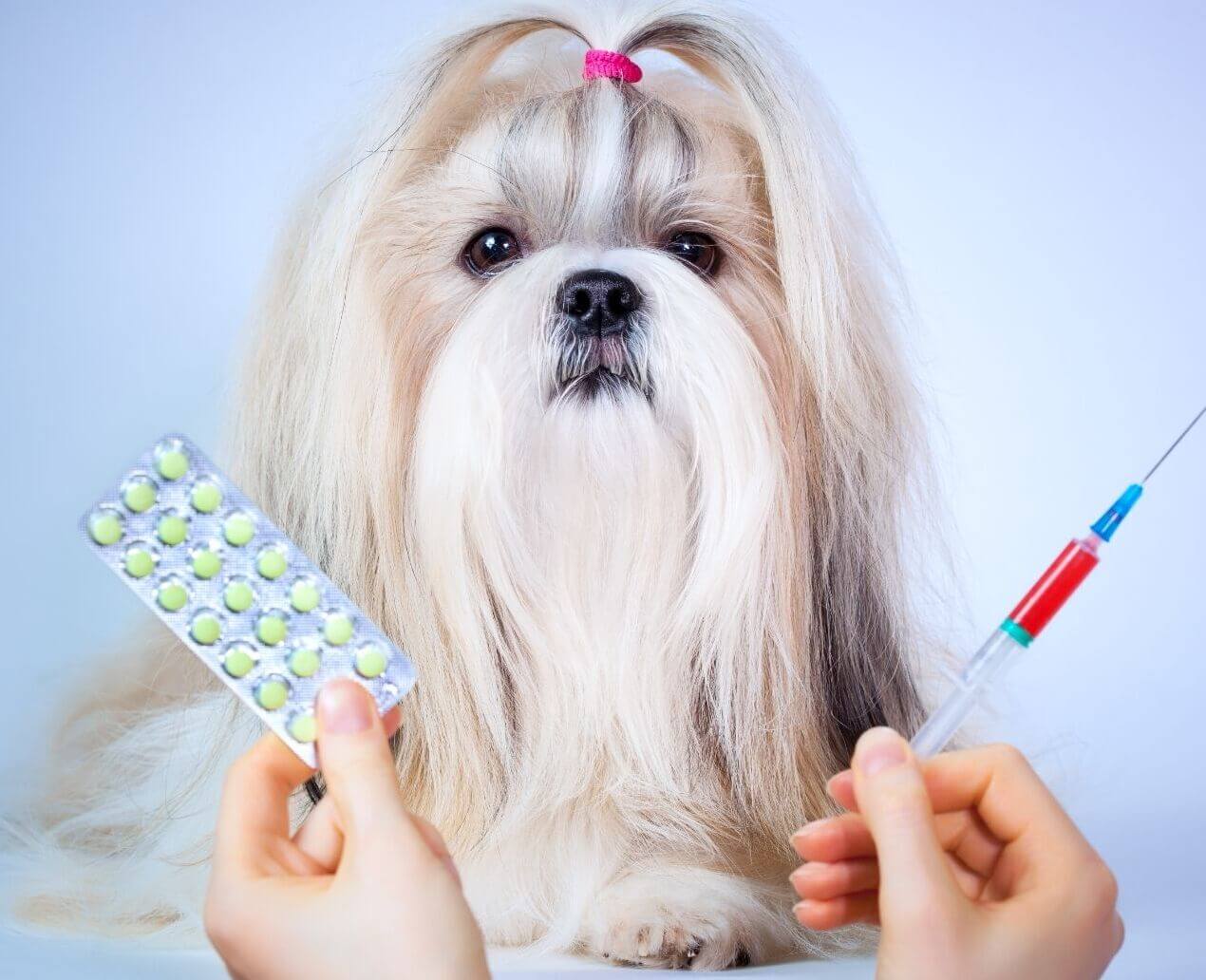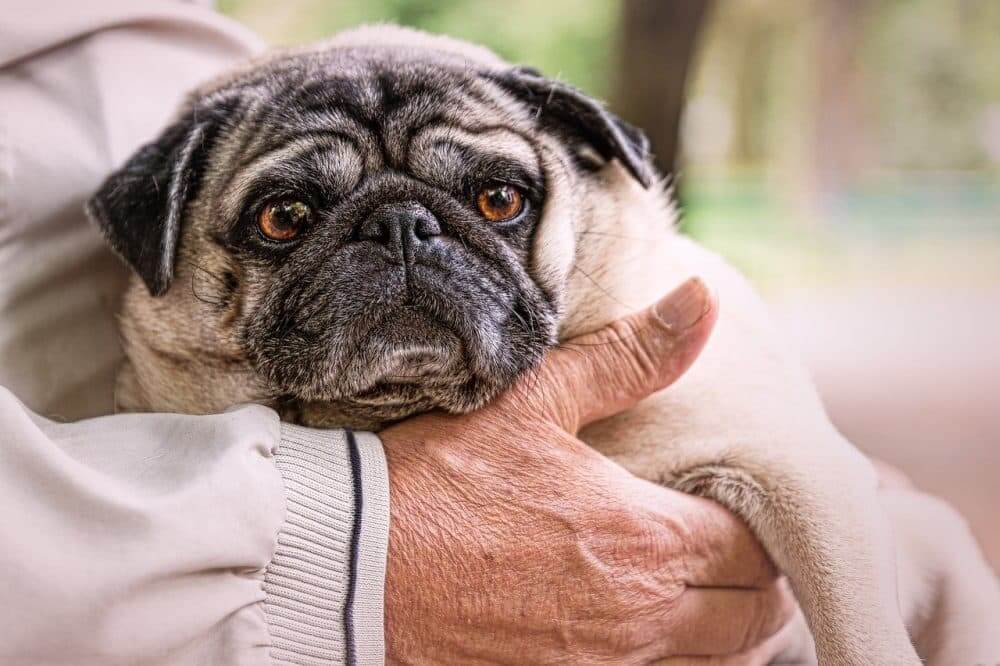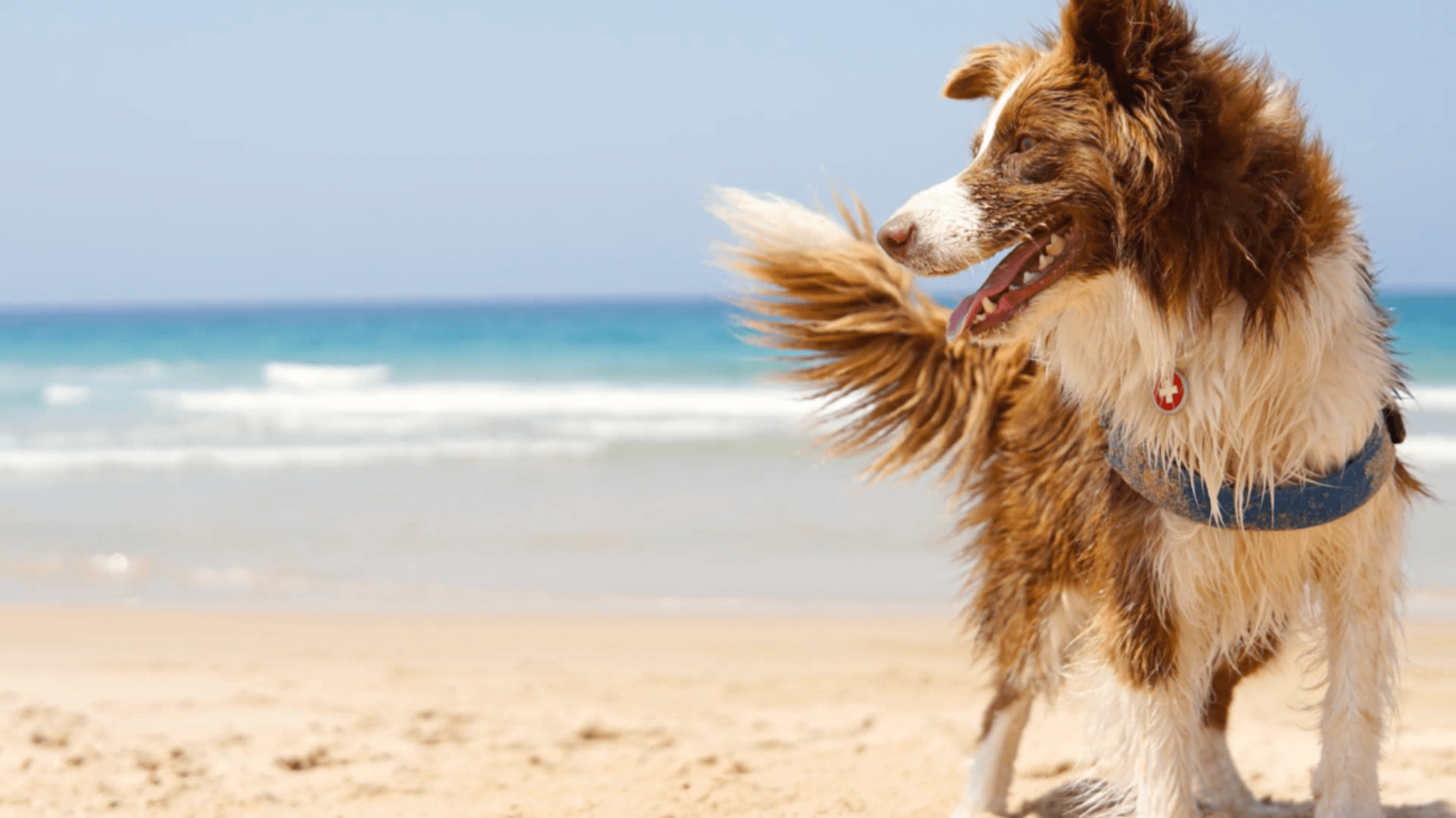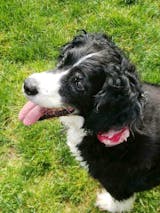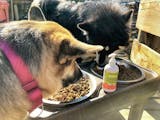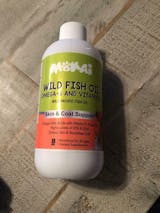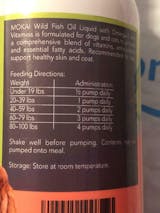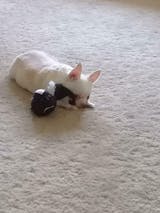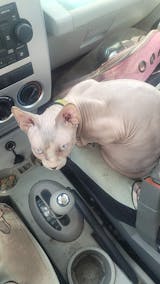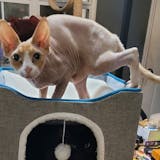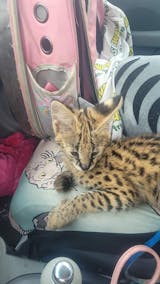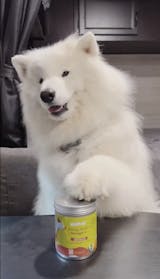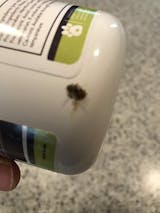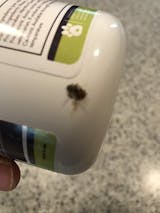Big dogs that don’t shed
Adopting a dog is one of the most rewarding actions you’ll ever experience. However, it is very important to assess your needs and possibilities in order to adopt the best dog for you and your family. Whether you are allergic, an obsessive cleaner, you have a toddler at home, or you simply don’t want to spend all your free time picking up dogs’ hair, you may be interested in knowing those dog breeds that hardly ever shed.
‘But large breeds always shed more than small breeds’
When adopting, people often dismiss large breeds because popular belief claims that they shed more than small breeds. This is an absolute lie. Actually, the severity of shedding has nothing to do with the size of your pup (I’m a pet parent to a tiny Jack Russell, and my hair-covered house is fair evidence of it).

6 Large breeds that (almost) don’t shed
Pup disclaimer: Before digging in, it’s important to make a point. Dogs’ bodies are fully covered in hair, so expecting them not to shed at all is like expecting a baby not to cry. Please be aware that dogs shed, even though some shed more heavily than others.
Big dogs that don't shed. They are called ‘Hypoallergenic dogs’, which is somehow incorrect since these breeds can still cause allergies to people, even if they don’t shed, but it is true that they shed notoriously less. Some of them are:
-
Standard Poodle: Miniature, Toy, and Standard. All Poodles are one of the most renowned low-shed breeds. Besides, they don't need daily brushing or regular hair grooming.
-
Golden/labradoodle: They were born as a cross between Golden/Labradors and Poodles, to get a dog with the personality of the Retrievers, and the low-shed of Poodles. It doesn't get better than that.
-
Komondor: I know, this is surprising. Opposite to what we may think when we see a Komondor, its long cords that look like dreadlocks act like a barrier to shedding.
-

Giant Schnauzer -

Goldendoodle -

Komondor -

Old English Sheepdog -
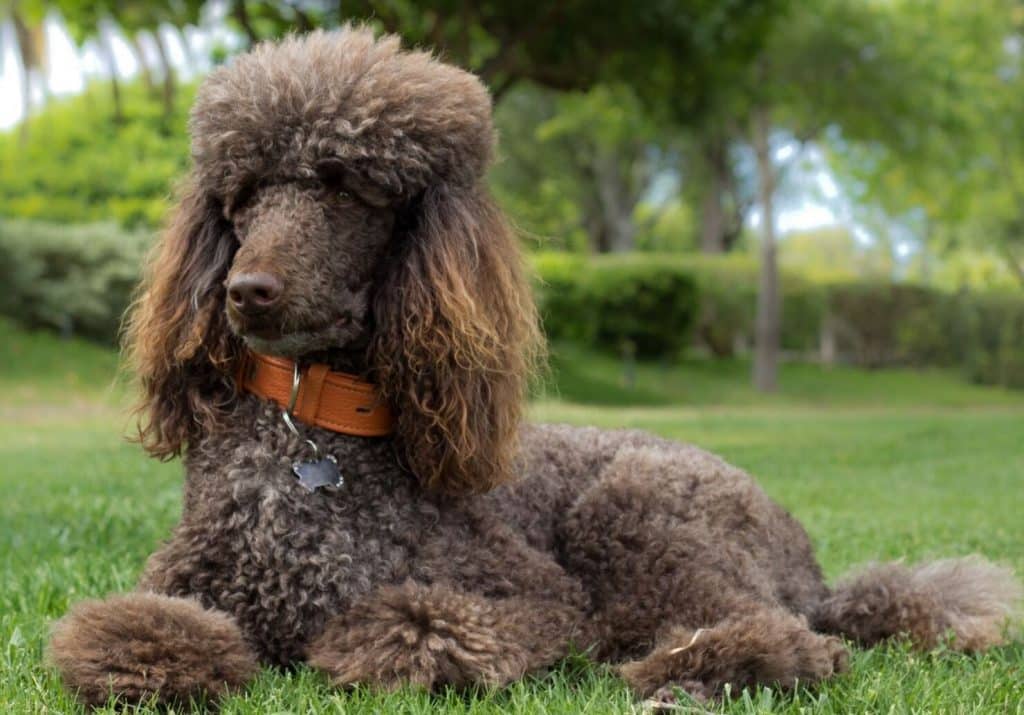
Standard Poodle -

Black Russian Terrier
-
Giant Schnauzer: These intelligent and loyal dogs don’t have fur: they have hair, which makes them shed much less. Usually, the terms fur and hair are used interchangeably, but they are not the same. Hair grows in a single layer, while fur is shorter and denser, and it’s present in double-coat dogs.
-
Black Russian Terrier: This breed has a coarse all-black coat, which needs regular trimming around the eyes. Besides, their hair tends to tangle and form mats that you need to take care of. However, their shedding is not particularly heavy.
-
Old English Sheepdog: These beautiful dogs have fluffy coats, so even though they roughly shed, they need to be brushed daily in order to get rid of tangles and dead hair.
Bear in mind that these breeds of big dogs that don't shed will need more haircuts and grooming than the ones that shed heavily. Why? Simple: they don’t get rid of that dead hair, so you will have to do it for them. Check Mokai’s grooming products to provide an antiseptic and hypoallergenic cleanse.
Every dog is unique and so are their characteristics. Dogs that don't shed might be a very good choice for allergic people (remember they are not entirely hypoallergenic), families with toddlers, or owners who don't spend a lot of time at home. Depending on your needs, preferences, and particular situation, you might want to assess dogs' particular features before jumping into adoption. Remember that adopting a dog is adding a new member to the family, so the decision has to be responsibly made.



